A Week At Home
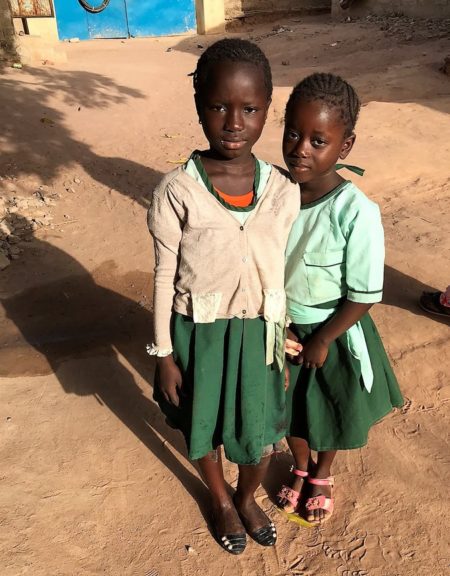
This post will describe what my life is like when I’m home in Farafenni. I’ve been gone a lot recently, and travel again next week for a permagarden workshop, and I want to share my day to day routines at site. I am fortunate to have a comfortable living situation, a loving compound family, a good work assignment, and interesting people to relate to as I go about my daily business. My day usually begins when I’m woken up with the morning call to prayer before dawn, although I find I can now roll over and sleep until it’s light if I want. Before I start my day I read Buddhist texts and meditate for 20 minutes. My practice became stronger after I retired and no longer felt rushed in the mornings to be at work on time. I try to cultivate enhanced self awareness, more patience, less stress, accept what I can not change, and motivation to invest in positive change.
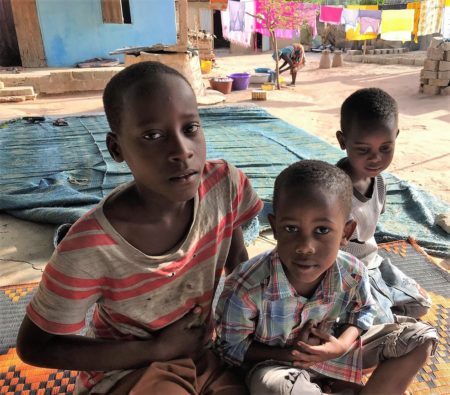
When I open my front door to take advantage of the morning breeze, I get to greet whomever is already up, the women opening the bitako, sweeping the compound, doing laundry, the young boys playing on the benteno, and the girls getting ready for school. Then it’s time for coffee, a few yoga stretches, breakfast, filling the water buckets (if the water is flowing from the tap), and a bit of organizing before I leave for the school garden. I save most of my home chores for the afternoon when it is too hot to be outside.
It’s about a 2 mile bike ride to school with many interesting sites along the way. My first challenge is to ride through the throng of people, trucks, and donkey carts in the market to get to the main road. One thing I learned early on is that it is not clear who has the right of way – it’s definitely not pedestrians. I pay particular attention to the horse and donkey carts because they don’t have horns telling you to get out of the way. Using the horn here is how drivers communicate and you never make the assumption someone sees you, extra villiagence is essential. Hopefully the traffic is flowing smoothly, because when it’s stalled the clouds of diesel fumes, are not pleasant to peddle through. I pass a military installation with a vehicle check point, but by now I’m friendly with the soldiers and they just wave me through.
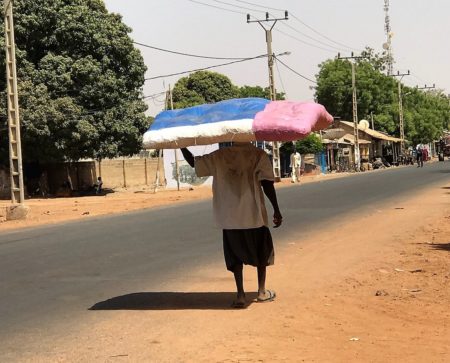
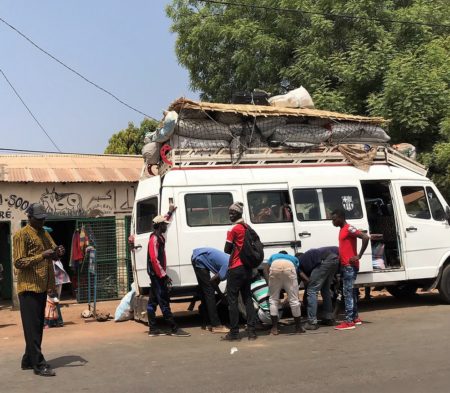
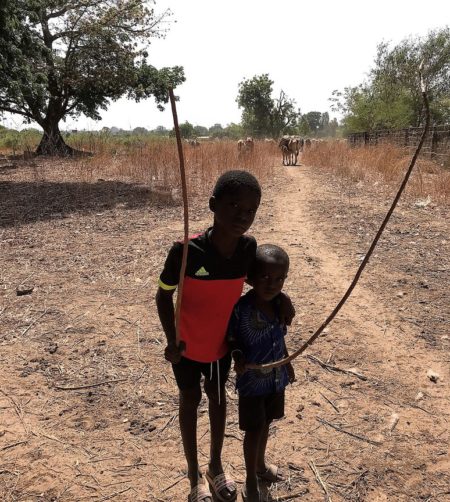
One man I see regularly is headed to the market to sell the mattress he made from rice bags and straw. It makes you realize how hard some people have to work to support their family. All the jele-jeles are busy loading passengers, but sometimes a stop at the tire repair place may be necessary before the journey can begin. Most passengers will just calmly wait, although some of the men may get out to “help” by watching the action. Often I have to wait for the cattle to be herded through the school property before I can reach the garden. It amazing to see this pastoral scene on the fringes of a city with 40,000 residents.
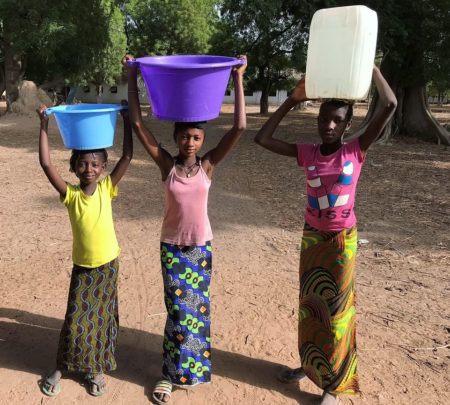
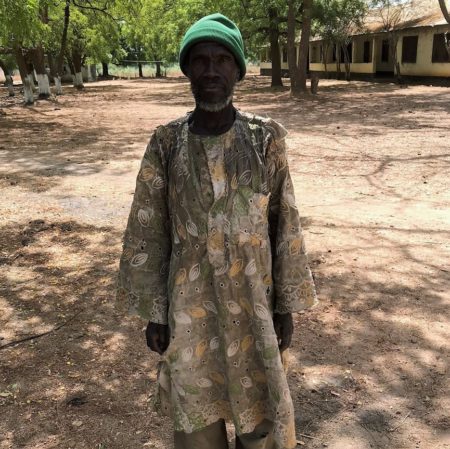
At the school there are many regulars I enjoy visiting with, including the village women who use our water tap to get their household water. Women and girls will arrive with their 5 gallon jugs or open buckets, maybe with a baby on her back, then walk back to their home compound – everyday. Since it’s women’s work to fetch water, the girls will begin this chore as soon as they are able. I always give up my turn at the tap for them to get their water, because I am so in awe of these strong women. I’ve learned not to judge a person by their wardrobe, and another favorite character is a very sweet man who comes twice a day to fill his small water containers. He also makes mattresses, but fills his with the flowers from the kapok (silk cotton) tree. There is always something going on at the school, and I have developed relationships with many of the students and teachers. One teacher knows I carry my WiFi router with me and will often come to the garden while I’m working so he can download content on his phone. One day last week a water faucet was being plumbed, and they were using fire to melt the plastic pipe to seal the two parts together. These people can be very inventive to get their projects done.
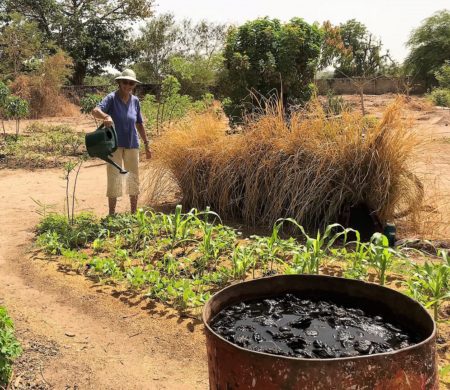
My current project in the garden is growing open pollinated seeds, so I can save the seeds. Open pollinated vegetable varieties will produce seed that is true to type. Many farmers buy hybrid seed and chemical fertilizer, and my project will hopefully demonstrate how to avoid that expense. The picture shows Bantam Sweet Corn from a US seed company, with local green beans planted between the corn rows, because beans will enrich the soil by adding nitrogen. I am watering with compost tea made from collected donkey and cow manure. My goal is to start a seed bank with open pollinated vegetables and native tree seeds collected locally. The seeds will be kept at the school, so they are available for the students and any PCV who needs seeds to plant in their community.
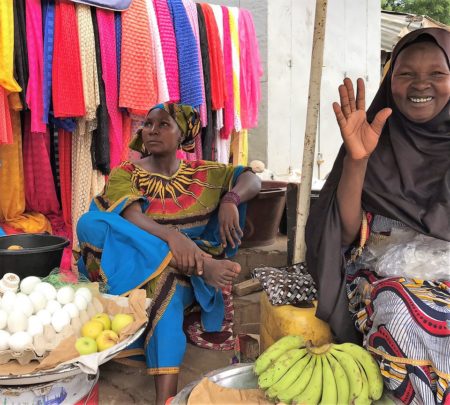
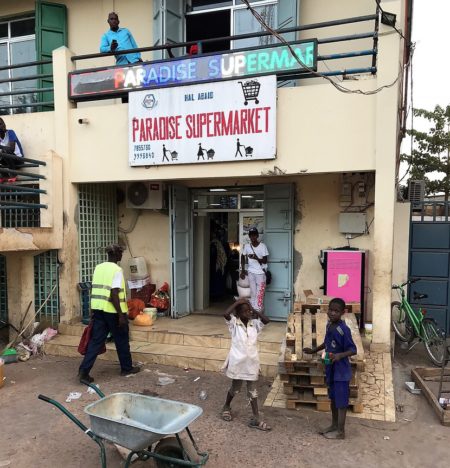
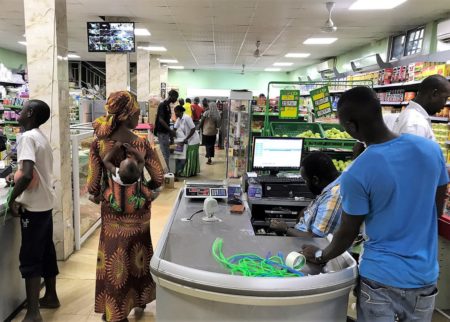
I try to be done working in the garden by 11am, before it gets too hot. I might stop on my way home at the bank, or fabric store, and will buy produce from my favorite vendors. I enjoy connecting with these wonderful people, even if our conversation is limited to local greetings and how much do I owe you today. The last stop will be the supermarket where I get my yogurt, cheese, cookies, fresh eggs, pasta, and cleaning supplies.
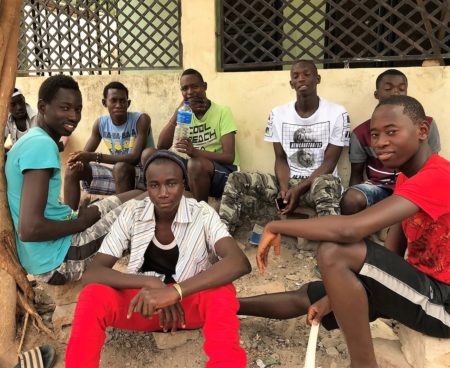
Before I get to my compound, I’ll greet the group of young men hanging out and gossipping the afternoon away. As I enter my gate, I’m welcomed by the little ones, and they help me push my bike to my porch or show me what they have drawn on the blackboard. After lunch with my family, I like spending time reading on the benteno with the kids. One day I gave them a book I made from rice bags, because this is Malaria Prevention Month. We discussed how malaria spreads and what they can do to prevent getting it.Click through the photo gallery to read Mrs. Mosquito.
This week I needed to spend a lot of time on the computer doing “homework”. There are several reports due soon, and I’m fortunate with my WiFi that I can complete these assignments at home, because most volunteers need to go to the PC office to get this kind of work done. My community assessment is a four page report, my primary project is a two page outline for the tree planting project I will be doing with the students beginning in the fall, and my secondary project of saving seeds is a one page outline. There is also an Excel spreadsheet due detailing what my plans are for the next six months. I’m glad I have my homework completed, and I can look forward to the hands on permagarden workshop next week.
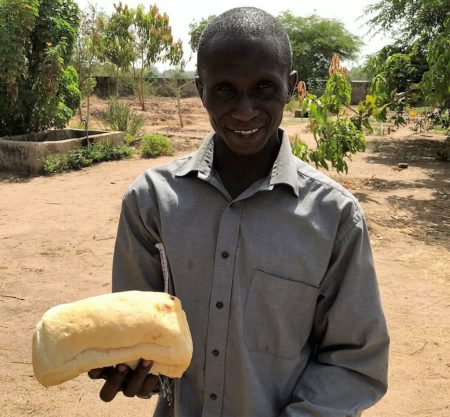
Ramadan began this week on May 17, and that made for some changes to my schedule. I usually eat lunch with my family, but since they fast from sun up to sun down, no lunch is served. I’m ok with that because I enjoy cooking for myself. Now that I have a refrigerator, I can buy the large container of unsweetened yogurt, and keep my produce fresh. My primary source of protein is eggs (fresh and hard cooked), and my favorite vegetables are tomatoes, peppers, carrots, cabbage and lettuce. My favorite spice is hot pepper sprinkles, and I can make many great meals with these ingredients. I also bought some of the special Ramadan bread and made fresh toast one morning. Click through the photo gallery to see my meals.
Some days I return to the garden late in the afternoon after it has cooled down, but this week I didn’t have any pressing garden chores, so stayed home to do homework and my household chores of laundry and cleaning. I used to do my yoga in the morning, but I now enjoy doing my practice in the afternoon in front of the fan. It is especially helpful to do my stretches after sitting at the computer for hours.
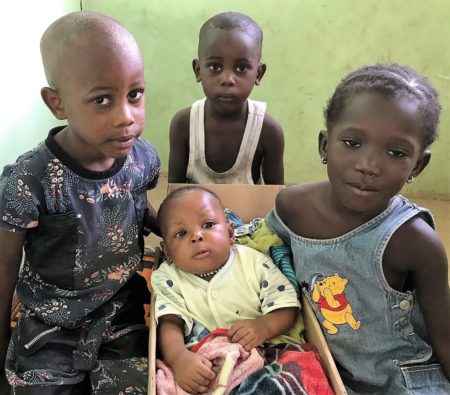
I enjoy being a PCV in The Gambia and welcome the opportunities that will present themselves during the next 17 months of my service. I do miss my family and friends in America, but am grateful there are so many wonderful people to love here also.
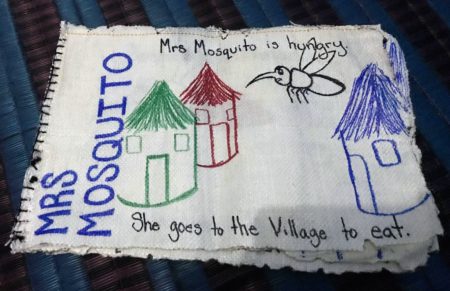
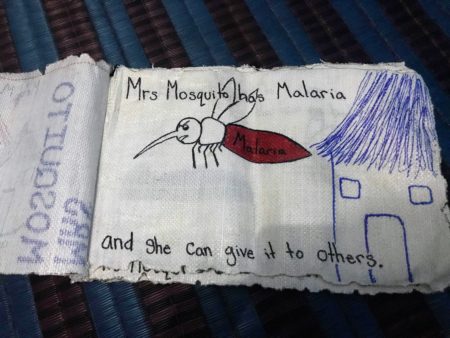
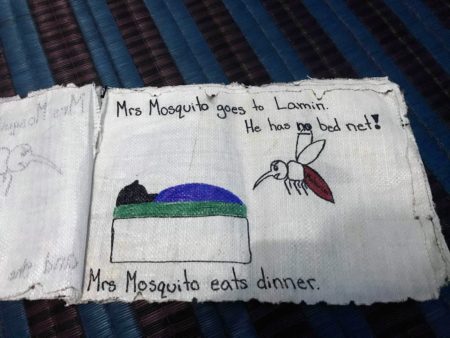
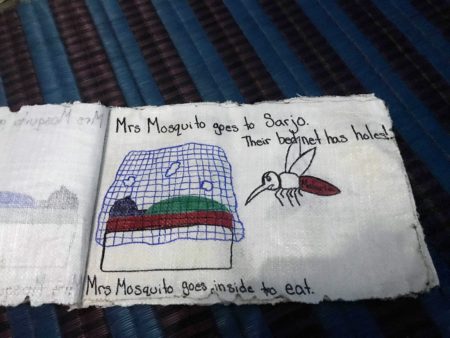
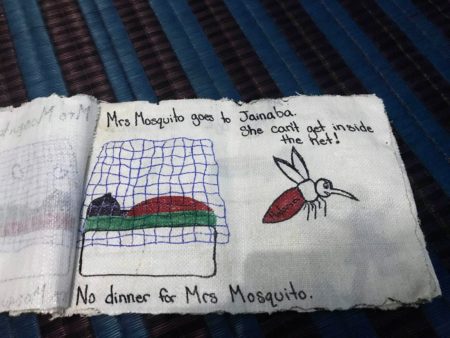
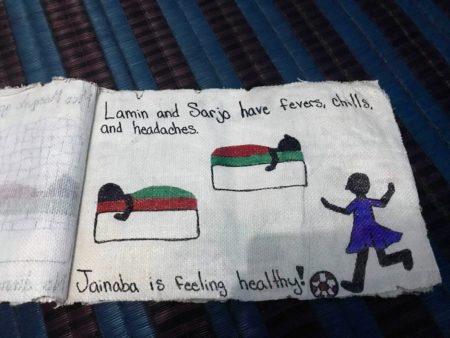
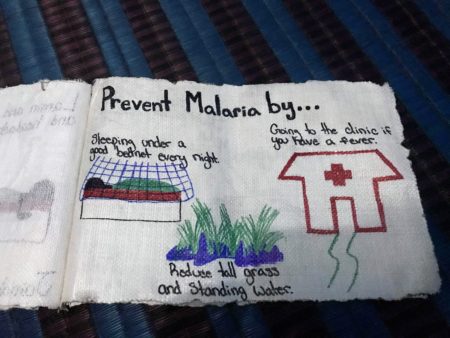
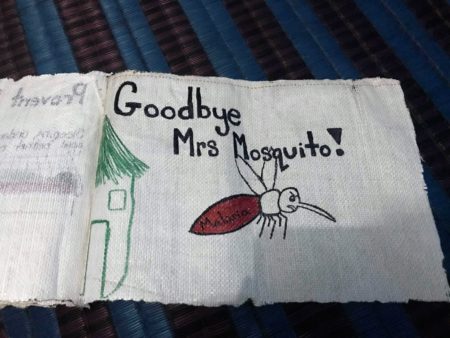
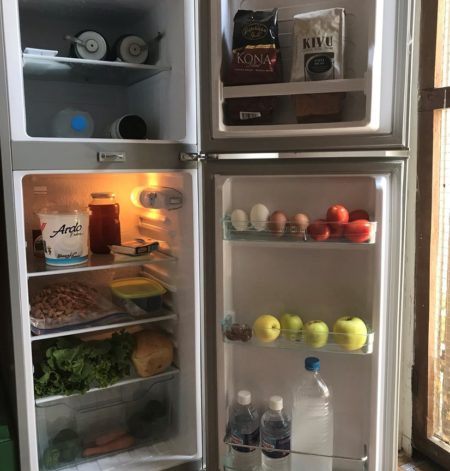
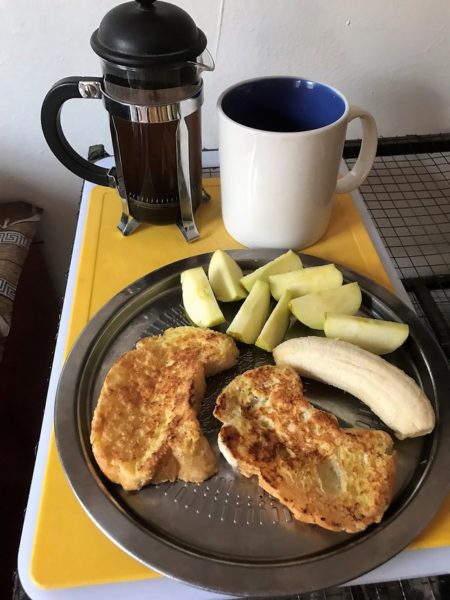
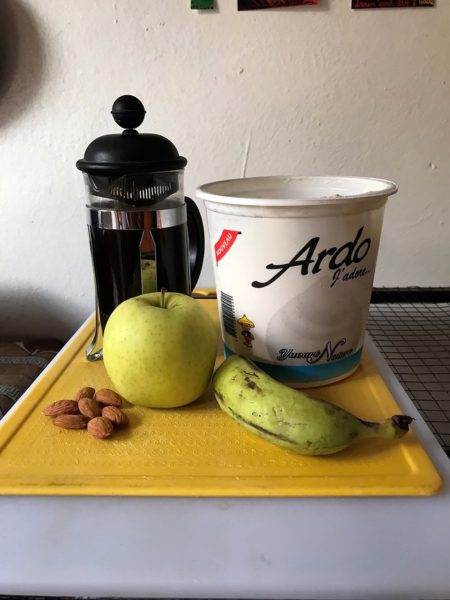
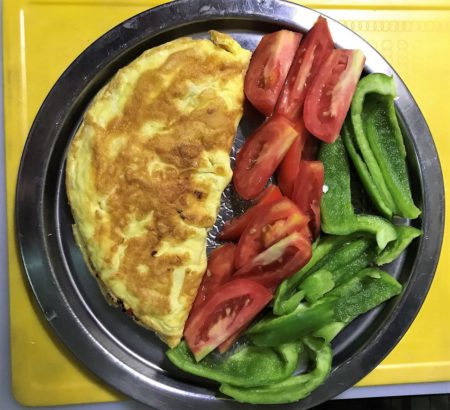
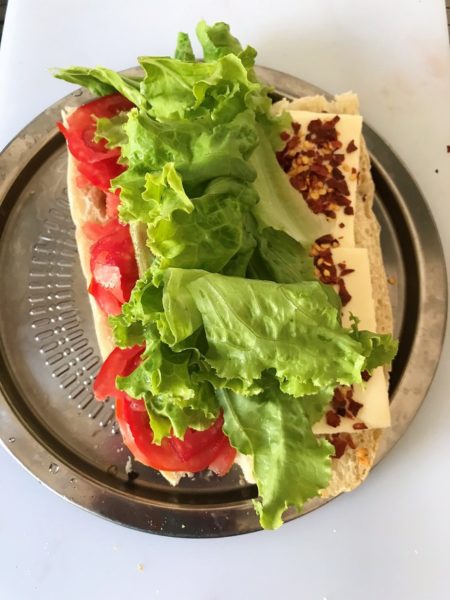
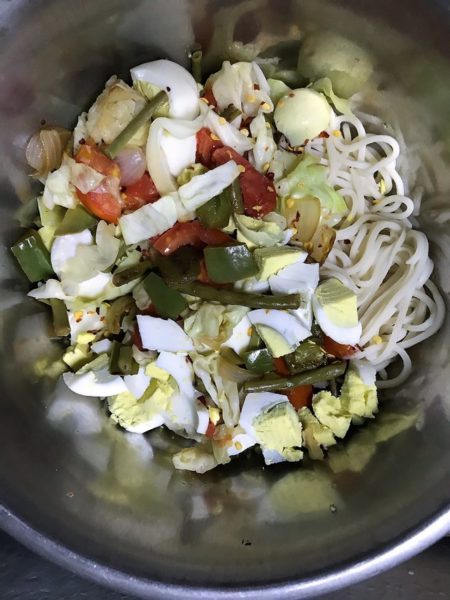
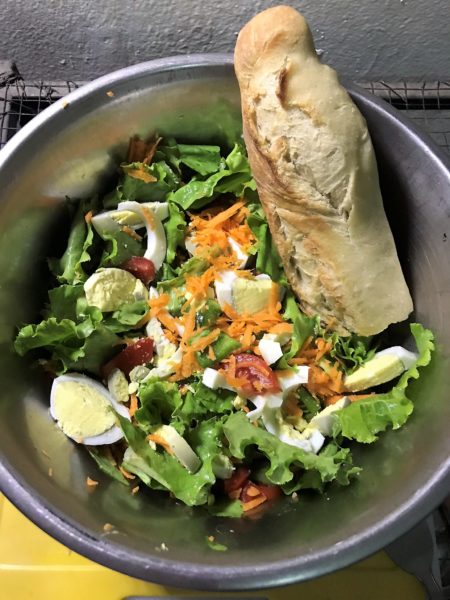
5 thoughts on “A Week At Home”
Susan, it’s so interesting hearing about the details of your day, and I especially loved “Mrs. Mosquito”. I’m in awe of your stamina! Love from Donna
Such great pictures …the people are beautiful….love the book…what an adventure.
hi Susan,
great interesting activities of you! I have gone through your blog an could learn from your verse experience in beefarming an gardening which am currently engaged into. am a native of farafenni jigimarr an my farm is just next to your school ATC..
I would be pleased if we could meet and share experience as I would to learn a alot from you.
looking forward to hear from you Susan.
Mamud – it was great meeting with you at the ATC school garden today and having you make biochar with us for our permagarden beds. I look forward to working with you in the future and pleased my blog helped us make this connection.
Thanks for granting me the opportunity an indeed it was great meeting…
As we’re now connected we’ll surely work together, you can always count on me!
Comments are closed.